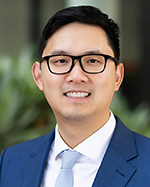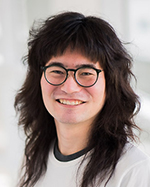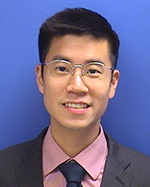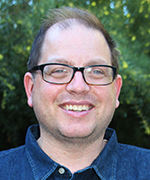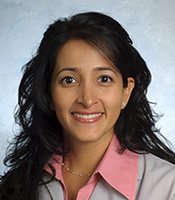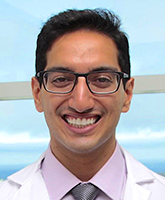Assistant Professor
Ophthalmic plastic (eyelid, lacrimal, orbit) clinician and researcher
Joining UCSF Ophthalmology’s Oculofacial Plastic and Reconstructive Surgery division, Dr. Jonathan Lu brings expertise in clinical care and research on orbital inflammation, artificial intelligence, thyroid eye disease, and ocular oncology. Dr Lu performs the full spectrum of oculoplastic surgery including conditions of the eyelid, tear system, and orbit, for both adults and children.
Research Areas:
Deep Learning / AI, Ocular Oncology, Oculoplastics, Thyroid eye disease, orbital inflammation, orbital disease, orbital trauma and fracture
Learn more about UCSF Ophthalmology faculty research.

